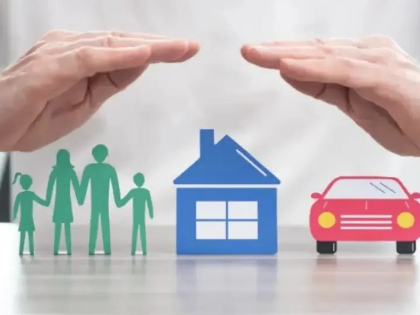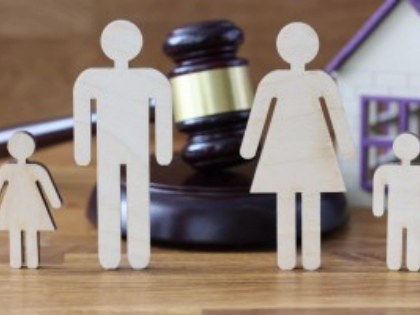Just keep in mind that 35 percent of your credit score is derived from timely payments, so don't stop working hard.
Diminished Interest Rates

Taking out a debt consolidation loan with a lower interest rate can help you save money over time by lowering your overall interest expenses. However, be sure you qualify for a debt consolidation loan before applying. Most lenders perform a hard check on your credit record when reviewing an application for a home equity loan, debt consolidation, or balance transfer. As a result, your credit score can temporarily decline by a few points. In a similar vein, greater utilisation will lower your credit score if you use the loan to pay off credit card debt and then keep adding to it on the same cards.
A debt consolidation loan can also help you pay off debt more quickly by giving you a set payment schedule and an estimated estimate of when you will be debt-free. However, this is only possible if you can afford to pay back the loan each month without going into further debt.
Reduced monthly payments

Whether it's a personal loan or a balance transfer credit card, a debt consolidation option often offers lower monthly payments than your previous combination of debt payments. This can be achieved by lowering interest rates, extending the loan's term, or doing both at once. Reducing your monthly payment may help you pay your bills on time every month, which may eventually improve your credit score.
Furthermore, credit utilisation typically decreases with debt consolidation. However, using a new credit line to pay off credit card debt doesn't address the root cause of your debt; instead, it could encourage you to return to your old spending habits, which could lead to further debt accumulation and a lower credit score.
When you open a new credit line to settle bills, a hard inquiry will be made on your credit record, and your credit score can be temporarily dropped. That being said, if you make your payments on time, the settled amount will appear on your credit record for 10 years after the obligation has been paid off.
Enhanced Credit Score

If you combine your debt with your credit card accounts, you may be able to acquire rates on a personal loan or home equity loan that are lower than what your credit card accounts are currently charging. This could result in a better credit score, especially if you regularly complete your payments on time.
On the other hand, if you rely on a debt consolidation loan to help you overcome unfavourable spending patterns or financial difficulties, it may occasionally lower your credit scores. The best results from debt consolidation come from combining it with a larger plan to change your spending and saving habits.
Moreover, if you combine your past debts into a new debt consolidation loan, you can end up with greater debt overall and a higher credit utilisation ratio overall at any given time. It can also result in your account's average age being shortened, which could damage your credit score. To enable your paid-off credit cards to continue building credit history, try to keep them open as much as you can.
Decreased Uncertainty

You can pay off multiple debts with a single debt consolidation loan, potentially save money, and improve your credit by using less credit. It's important to understand the situations in which this decision makes sense and how the process impacts your credit.
Debt consolidation can reduce stress by merging payments into a single, simpler monthly payment and providing a clear repayment schedule. It can also help you improve your credit score by reducing your credit utilisation ratio and raising your chances of getting approved for loans with favourable interest rates.
However, a debt consolidation loan could have a negative impact on your credit ratings if you ask for more credit lines or loans to pay off the combined debts. A hard inquiry into your credit report could result from this, temporarily lowering your scores by a few points. To mitigate the damage, you can apply online for pre-qualification without a hard inquiry or use a soft credit pull.
Recommended Reading: The Tax Repercussions of Capital Gains and Investments
























Calmly dismantles false urgency.
Gives risk conversations footing.
Simplifies cross-functional orchestration.
Let’s map use cases.
Sparks a backlog rewrite.